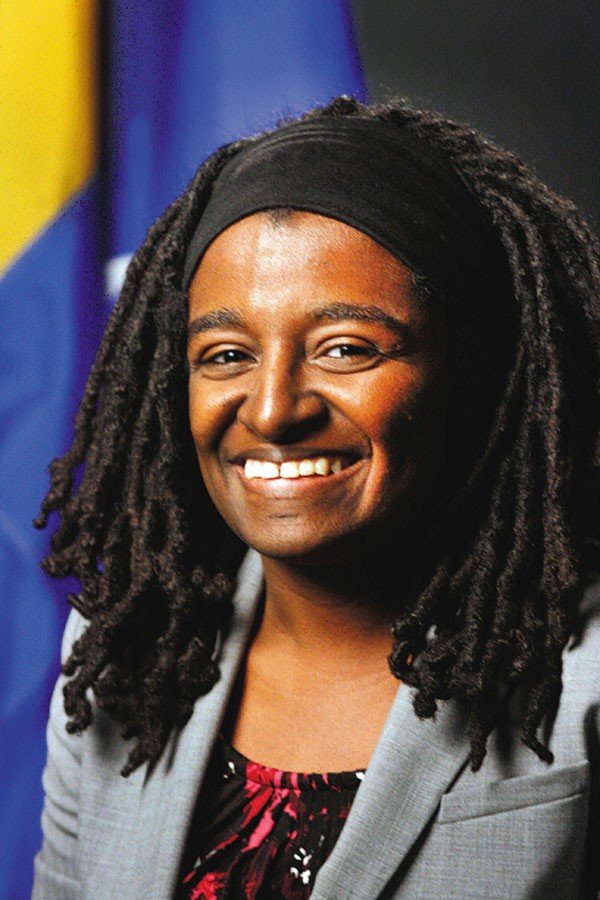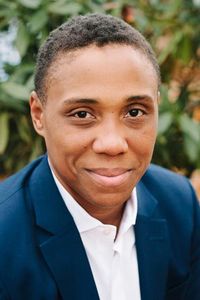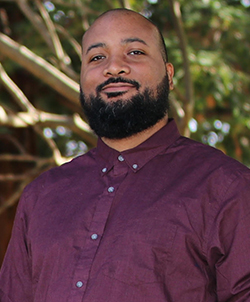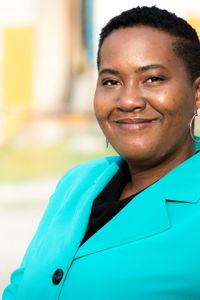
Jillian Johnson
Jillian Johnson is the Mayor Pro Tempore of the City of Durham, a long-time community organizer and activist, and a mother of two. Johnson was first elected to the Durham City Council in 2015 on a platform of racial, economic, and environmental justice, police accountability, equitable development, broadening democracy, and centering the voices of those who are most impacted by the issues facing our city. In 2017, Johnson was unanimously chosen to serve as Mayor Pro Tempore by her council colleagues, and in 2019, Johnson was elected to a second term on the Durham City Council.
Since June of 2020 Johnson has served as the North Carolina State Advisor for Movement Voter Project. MVP works to strengthen progressive power at all levels of government by helping donors support the best and most promising local community-based organizations in key states, with a focus on youth and communities of color. MVP believes that supporting local movement vote groups is the most effective strategy to transform our country.
Johnson is a co-founder of Durham for All, an organization working to build a multi-racial, cross-class, political vehicle in Durham. Johnson is also on the national board of Local Progress, a network of progressive local elected officials, and co-chair of the state chapter. Johnson is active in the labor movement and was one of nearly 1,000 people arrested in 2013 as part of North Carolina’s Moral Monday movement.
Originally from Virginia, Johnson moved to Durham in 1999 to attend Duke University and graduated in 2003 with a B.A. in public policy and a minor in women’s studies. Johnson has been working in the non-profit sector since 2004 with experience in administration, community organizing, mobilization, communications, social media, and information technology.
Johnson is also a board game designer working on my first project, a cooperative game that imagines the development of a future communitarian society in Appalachia after over 100 years of climate change. Johnson lives in Durham’s West End neighborhood with my partner and kids.
Durham, NC Background
Durham, also known as the “Bull City”, is a city in and the county seat of Durham County in the U.S. state of North Carolina. Small portions of the city limits extend into Orange County and Wake County. The U.S. Census Bureau estimated the city’s population to be 278,993 as of July 1, 2019, making it the 4th-most populous city in North Carolina, and the 74th-most populous city in the United States. The Office of Management and Budget also includes Durham as a part of the Raleigh-Durham-Cary Combined Statistical Area, commonly known as the Research Triangle, which has a population of 2,079,687 as of the U.S. Census 2019 Population Estimates.
A railway depot was established on land donated by Bartlett S. Durham in 1849, the namesake of the city. Following the American Civil War, the community of Durham Station expanded rapidly, in part due to the tobacco industry. The town was incorporated by act of the North Carolina General Assembly, in April 1869. The establishment of Durham County was ratified by the General Assembly 12 years later, in 1881. It became known as the founding place and headquarters of the American Tobacco Company. Textile and electric power industries also played an important role. While these industries have declined, Durham underwent revitalization and population growth to become an educational, medical, and research center.
Durham is home to several recognized institutions of higher education, most notably Duke University and North Carolina Central University. Durham is also a national leader in health-related activities, which are focused on the Duke University Hospital and many private companies. Duke and its Duke University Health System, in fact, are the largest employers in the city. North Carolina Central University is a historically black university that is part of the University of North Carolina system. Together, the two universities make Durham one of the vertices of the Research Triangle area; central to this is the Research Triangle Park south of Durham, which encompasses an area of 11 square miles and is devoted to research facilities.
As of 2010, the racial composition of the city was: 42.45% White, 40.96% Black or African American, 5.07% Asian American, 0.51% Native American, 0.07% Native Hawaiian or Other Pacific Islander, 8.28% some other race, and 2.66% two or more races; 14.22% were Hispanic or Latino of any race. Non-Hispanic White comprised 37.9% of the population.



